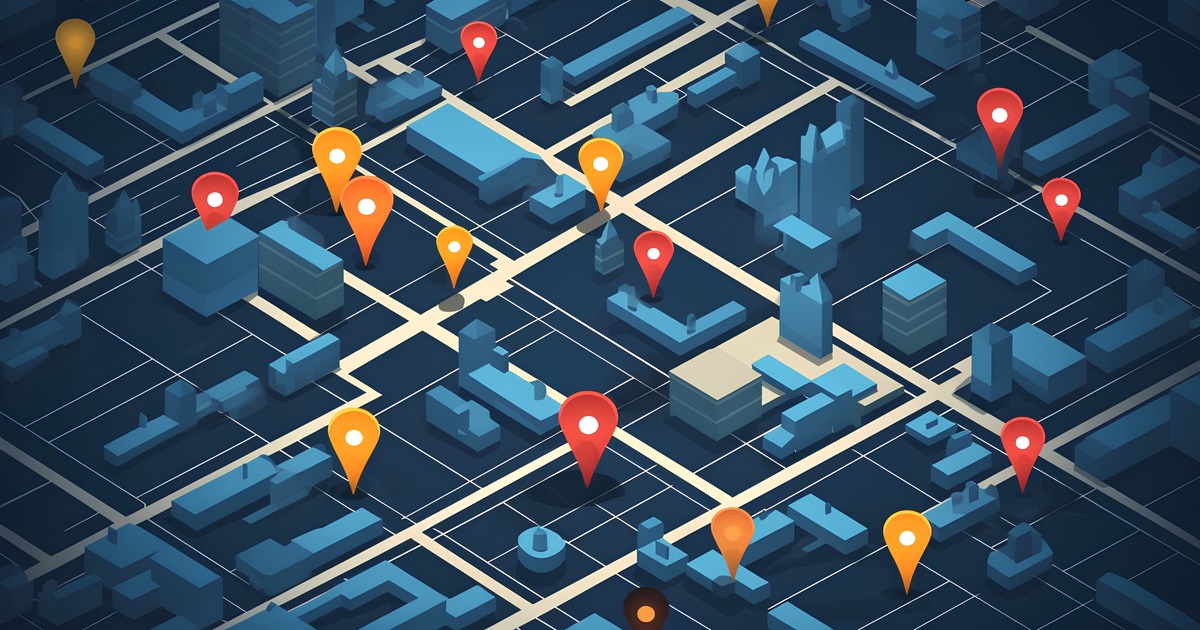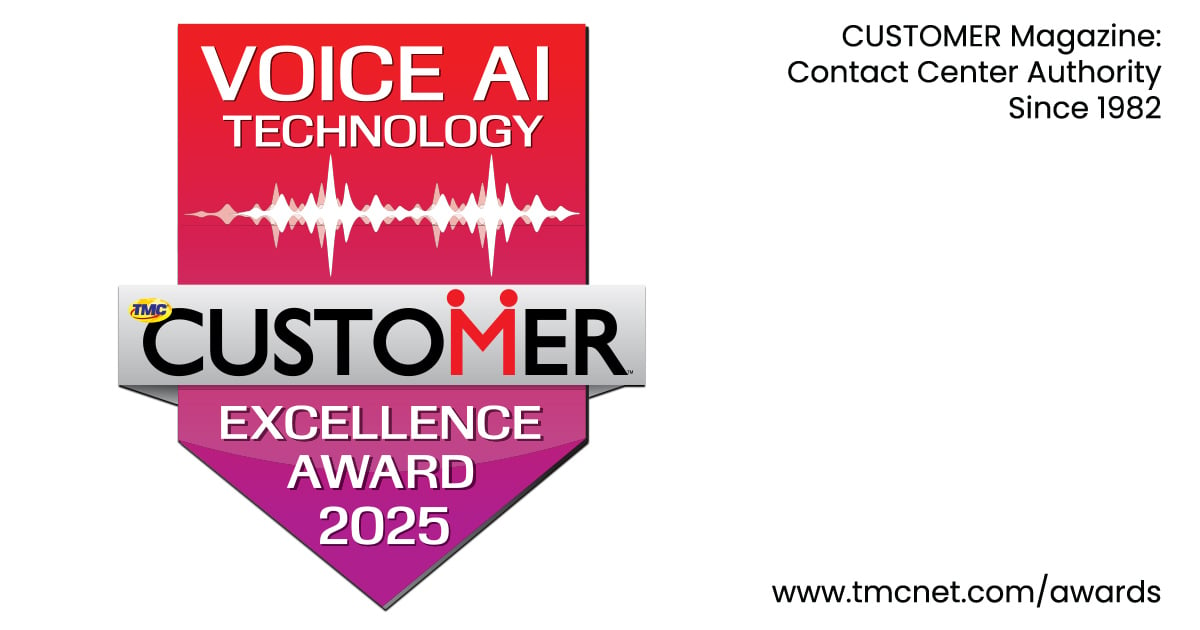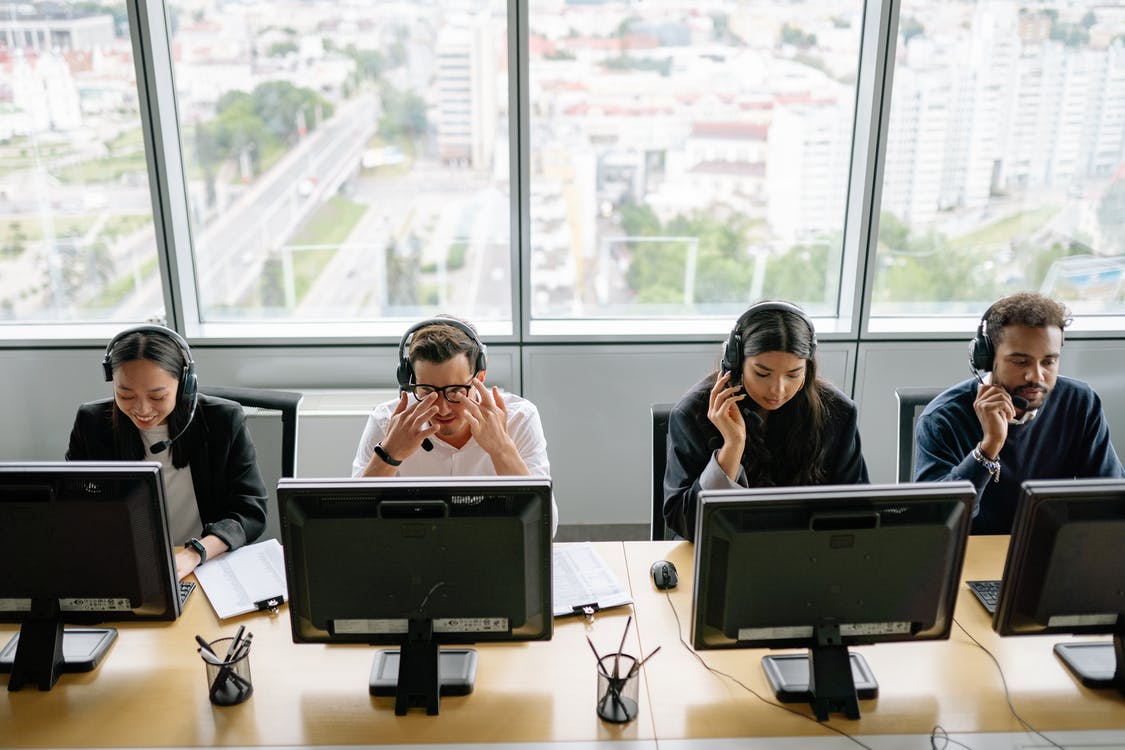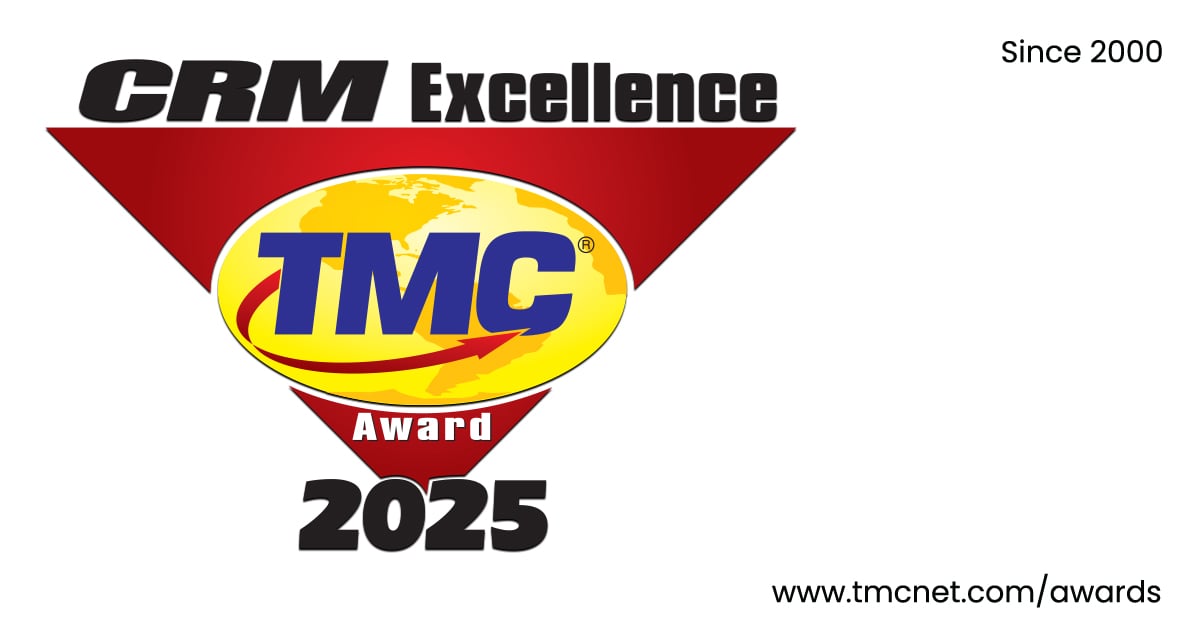
It's no secret that businesses are constantly looking for ways to improve the customer experience. If customers are happy, business is good, right? Well, one approach in particular that is gaining traction is the use of geo-location technology.
Geo-location customer experiences are interactions tailored, of course, to a user's physical location. This technology uses GPS data to provide personalized services, offers and content.
By offering location-based promotions, contextual content and optimized services, businesses create more relevant and engaging experiences for their customers. This can lead to increased loyalty, customer satisfaction and sales.
To enhance geo-location customer experiences, Cordial, a marketing platform that automates billions of data-driven emails, SMS and mobile app messages, revealed an enhanced server-to-server integration with Radar.
Radar connects the digital and physical worlds with location infrastructure for products and services, like geofencing, maps and geo-compliance (all in a cost-effective platform).
The integration streamlines the process of sending precise geo-location data from Radar to Cordial, which will let retailers enrich user profiles and trigger timely, relevant offers and notifications.
In other words, by combining Radar's advanced location infrastructure and Cordial's marketing platform, enterprise brands use real-time location data to deliver highly personalized and contextually relevant app experiences, which allows users to coordinate location-based touchpoints through mobile messaging, email, SMS and more.
“Our enhanced integration with Radar marks a significant leap forward in contextual marketing,” said Matt Howland, Chief Product and Engineering Officer at Cordial. “Integrating Radar's cutting-edge geo-location technology with Cordial's dynamic messaging capabilities enables brands to deliver exceptional, location-aware customer experiences. This integration not only enhances real-time engagement but also refines how we understand and act on customer movements.”
Specific use cases from this integration include location-triggered notifications, dynamic audience segmentation and enhanced mapping features.
These use-cases allow for the capability to automatically send a notification whenever a contact enters a specific store to promote in-store offers or guide the customer's shopping journey. They also create detailed audience segments based on location events, such as visits to specific stores or geofence entries, which allows for highly targeted messaging that resonates with customers. And as for location-based mapping integration features, this includes showing the "closest store" via email, SMS or push notifications, which provides practical information to enhance the customer experience.
“These location-based features empower businesses to deliver hyper-targeted, context-aware campaigns with unprecedented precision,” said Nick Patrick, co-founder and CEO at Radar. “This collaboration bridges the gap between digital and physical customer journeys, enabling brands to create seamless, personalized experiences that truly resonate with consumers at the right time, at the right place.”
Edited by
Alex Passett





